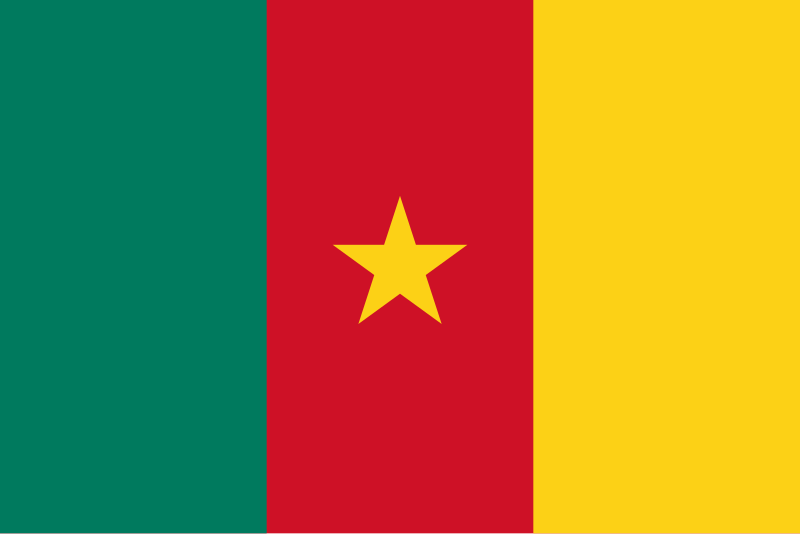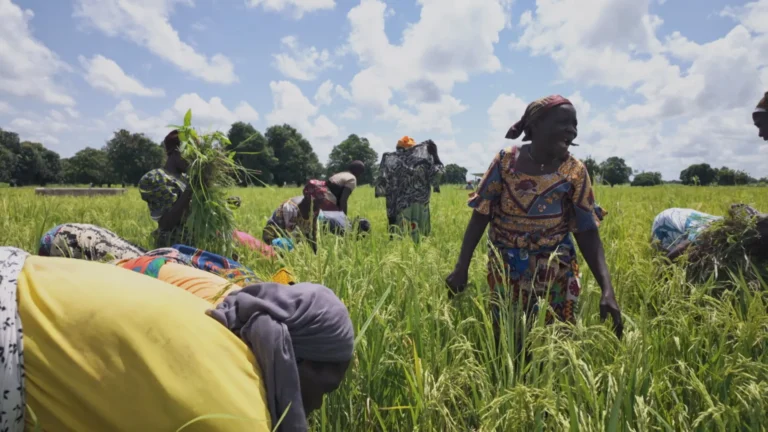
A national awareness campaign launched by Cameroon’s Minister for the Advancement of Women and Family has exposed the alarming extent of rights violations faced by the country’s 847,000 widows.
The initiative, timed with International Widows’ Day on June 23, highlights widespread discrimination, forced evictions, and economic marginalization affecting a vulnerable population long silenced by social norms.
“It is essential to amplify their voices,” declared the minister during a community event in Dyang, located in the Mefou and Akono divisions.
The campaign, described as unprecedented in scope, aims to shatter the silence surrounding widowhood in Cameroon, bringing public attention to a crisis hiding in plain sight.
Shocking data presented during the initiative reveal that 73% of widows encounter significant obstacles in accessing basic services like healthcare, education for their children, and adequate housing.
Even more disturbingly, 68% face attempts to dispossess them of their property within six months of their husband’s death.
The campaign emphasizes collaboration with traditional and religious leaders as key to shifting entrenched attitudes.
“We must work together so that every widow can live in dignity,” the minister insisted, urging a unified front to tackle systemic injustice.
In response to these findings, the government has rolled out new legal protections, including penalties of up to five years in prison for those found guilty of illegally dispossessing widows.
Complementing this is a national support system offering psychosocial aid and economic empowerment, with over 15 listening centers now operational across all ten regions of the country.
Additionally, a 2.5 billion CFA franc fund has been announced to back microprojects led by widows’ associations.
Vocational training programs in agriculture, crafts, and entrepreneurship—complete with starter kits worth 350,000 CFA francs—are also part of the government’s comprehensive support plan.
The human toll is deeply personal. “After my husband’s death, his family wanted to evict me from our home,” shared 42-year-old widow Marie Tchinda.
“Fortunately, I was able to benefit from the free legal aid provided by the ministry.” Her testimony echoes those of many who now find hope in the changing landscape.
According to official figures, 45% of family disputes handled by social services relate to inheritance conflicts involving widows.
The government is also targeting the education gap—32% of widows’ children drop out of school due to lack of financial resources. To address this, a dedicated scholarship program has been initiated.
Encouragingly, traditional leaders are beginning to align with the campaign.
During the minister’s visit, the chief of Dyang condemned dispossession practices and pledged to impose customary sanctions on violators.
Human rights advocates have welcomed the initiative as a milestone for gender justice in Cameroon, while stressing the need for effective enforcement and rural outreach to ensure long-term impact.
As the campaign expands into more remote communities, it raises a powerful question: could this mark the end of generations of injustice against Cameroonian widows? The country watches—and many hope—the answer is yes.



